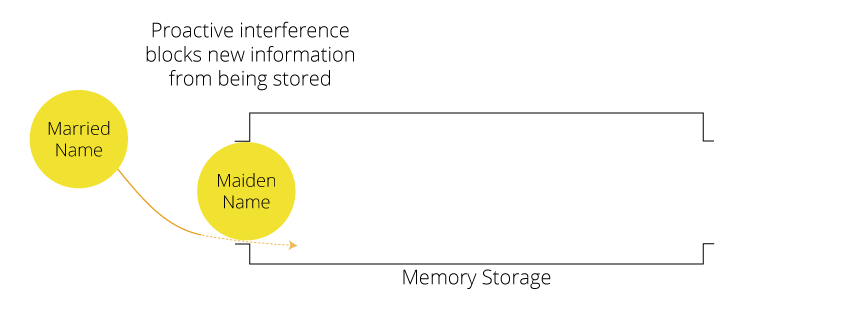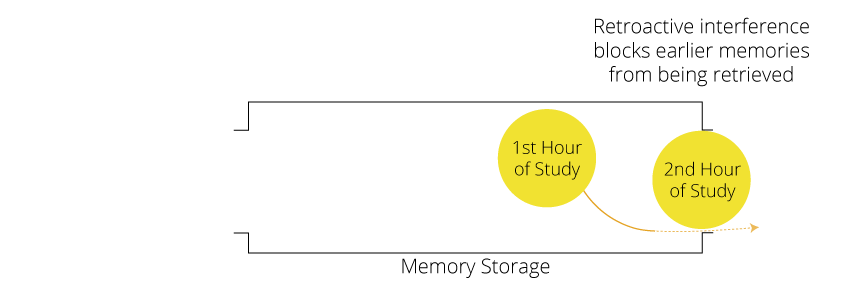3rd process of Memory
Retrieval (Memory)
Retrieval is the process by which information is retrieved from memory. Retrieval can be in the form of Recall, which requires the respondent to retrieve the information without any cues to help him (e.g., short-answer question), or it can be in the form of Recognition, which requires the respondent to recognize the target information in the presence of distractor information (e.g., multiple-choice). As you might expect, recognition generally leads to higher performance depending on how similar the distractor information is to the target information.
What’s interesting I find, is that I really have trouble with retrieval sometimes.
Two different explanations account for the failure to retrieve information from memory. In Decay, information is lost because of the mere passage of time. This type of forgetting is most indicative of sensory memory and Short-term memory. Visual information is lost from the Visual Register because a half-second passed. Information is lost from Short-term memory because 20 seconds passed.
In Interference, similar pieces of information interfere with one another, preventing retrieval of the target information. Sometimes existing information can interfere with your ability to store new information. This is called Proactive Interference. This can occur, for example when a woman you know well takes her husband’s name after marriage. The name you have known her by, her maiden name, makes it difficult to remember her new name, her married name.

Conversely, Retroactive interference occurs when new information can interfere with your ability to retrieve old information. This can happen when you’re cramming for an exam. The second hour of study interferes with the first hour, and the third hour interferes with the second hour. This is why Distributed practice, studying for short intervals over many sessions, is superior to Massed practice, studying for long intervals over a few sessions.
